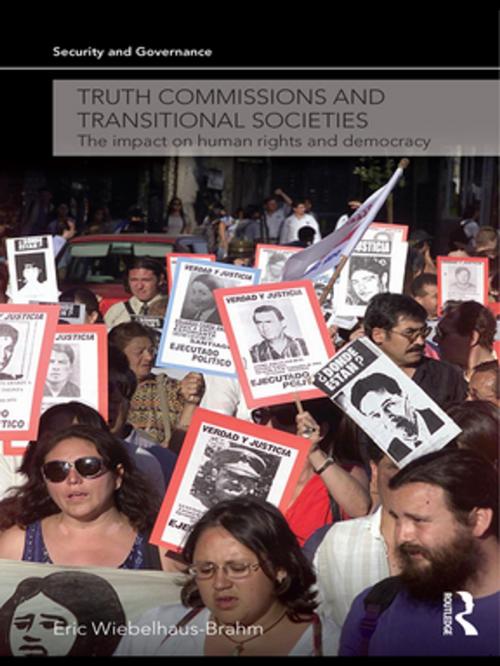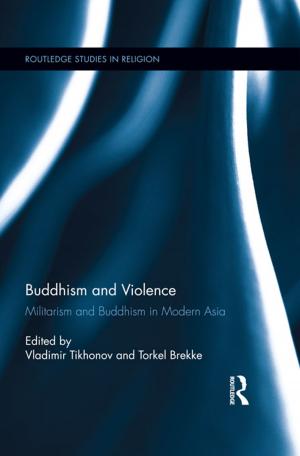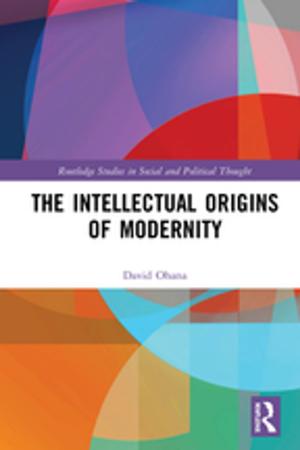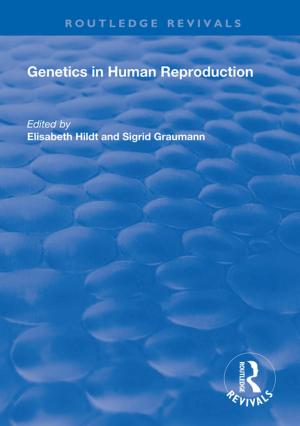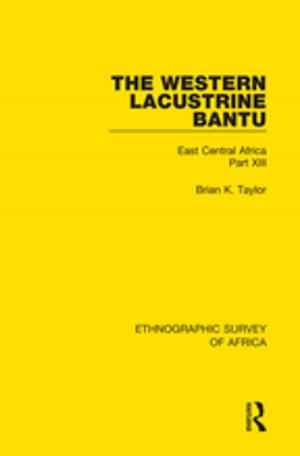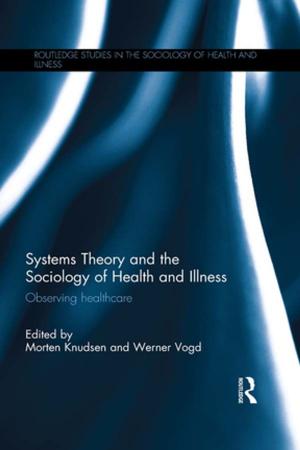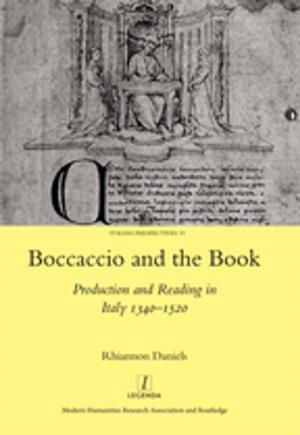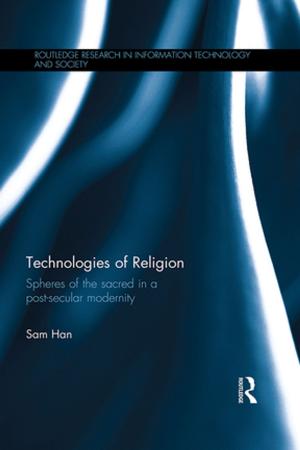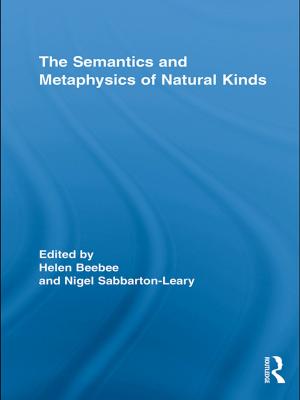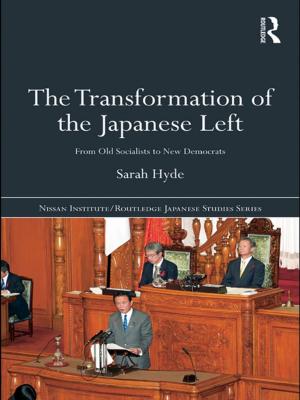Truth Commissions and Transitional Societies
The Impact on Human Rights and Democracy
Nonfiction, Social & Cultural Studies, Political Science, International, International Security, International Relations| Author: | Eric Wiebelhaus-Brahm | ISBN: | 9781135189716 |
| Publisher: | Taylor and Francis | Publication: | January 5, 2010 |
| Imprint: | Routledge | Language: | English |
| Author: | Eric Wiebelhaus-Brahm |
| ISBN: | 9781135189716 |
| Publisher: | Taylor and Francis |
| Publication: | January 5, 2010 |
| Imprint: | Routledge |
| Language: | English |
Despite the increasing frequency of truth commissions, there has been little agreement as to their long-term impact on a state's political and social development. This book uses a multi-method approach to examine the impact of truth commissions on subsequent human rights protection and democratic practice.
Providing the first cross-national analysis of the impact of truth commissions and presenting detailed analytical case studies on South Africa, El Salvador, Chile, and Uganda, author Eric Wiebelhaus-Brahm examines how truth commission investigations and their final reports have shaped the respective societies. The author demonstrates that in the longer term, truth commissions have often had appreciable effects on human rights, but more limited impact in terms of democratic development. The book concludes by considering how future research can build upon these findings to provide policymakers with strong recommendations on whether and how a truth commission is likely to help fragile post-conflict societies.
This book will be of interest to students and scholars of Transition Justice, Human Rights, Peace and Conflict Studies, Democratization Studies, International Law and International Relations.
Despite the increasing frequency of truth commissions, there has been little agreement as to their long-term impact on a state's political and social development. This book uses a multi-method approach to examine the impact of truth commissions on subsequent human rights protection and democratic practice.
Providing the first cross-national analysis of the impact of truth commissions and presenting detailed analytical case studies on South Africa, El Salvador, Chile, and Uganda, author Eric Wiebelhaus-Brahm examines how truth commission investigations and their final reports have shaped the respective societies. The author demonstrates that in the longer term, truth commissions have often had appreciable effects on human rights, but more limited impact in terms of democratic development. The book concludes by considering how future research can build upon these findings to provide policymakers with strong recommendations on whether and how a truth commission is likely to help fragile post-conflict societies.
This book will be of interest to students and scholars of Transition Justice, Human Rights, Peace and Conflict Studies, Democratization Studies, International Law and International Relations.
